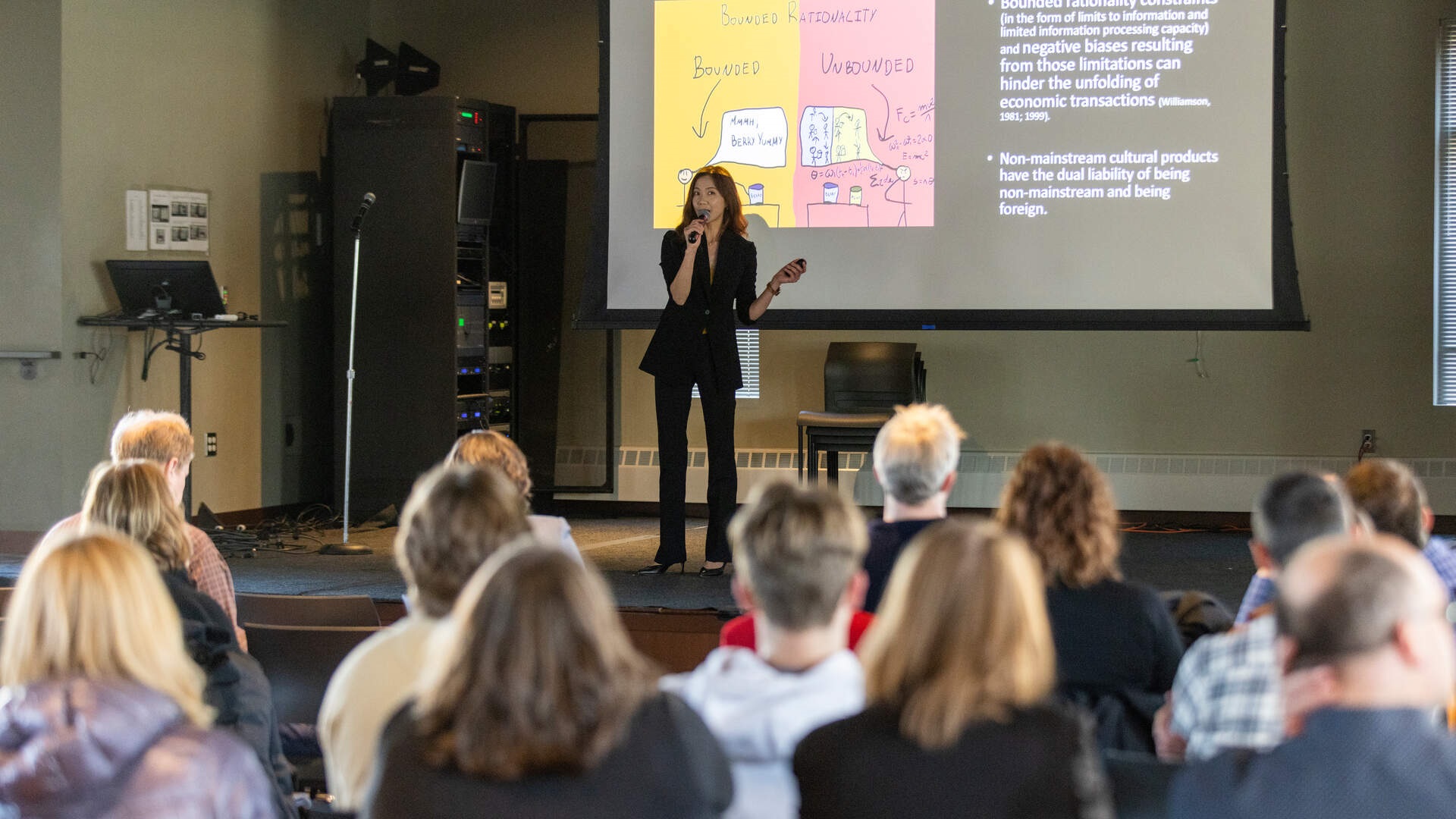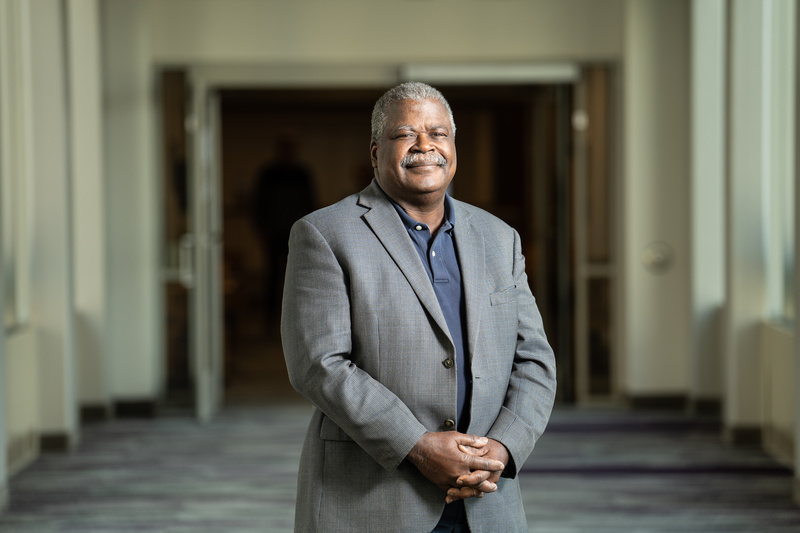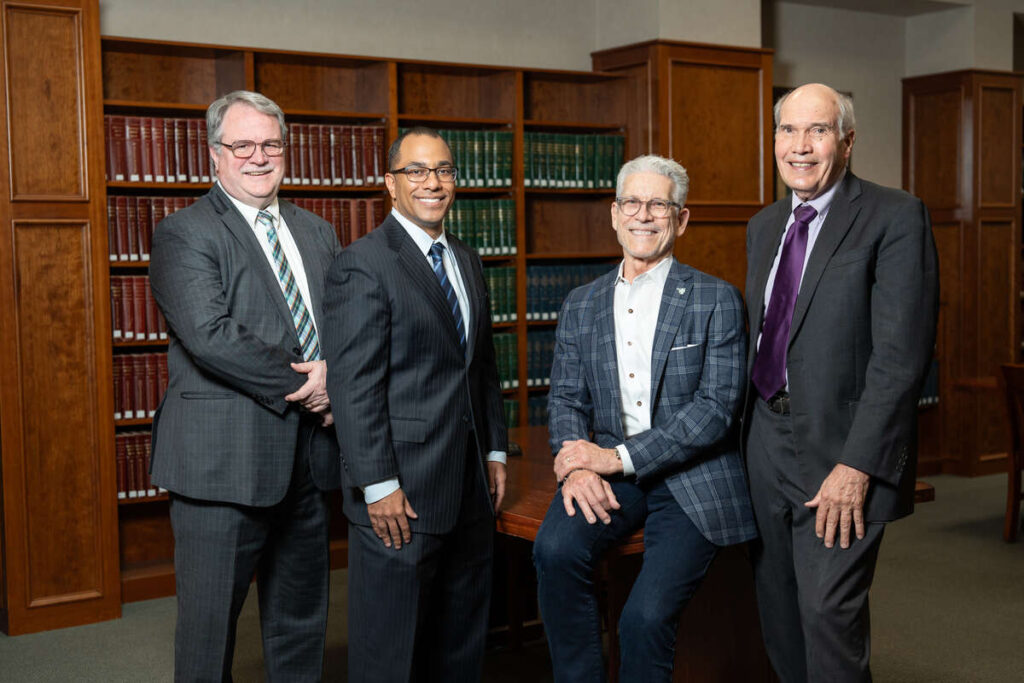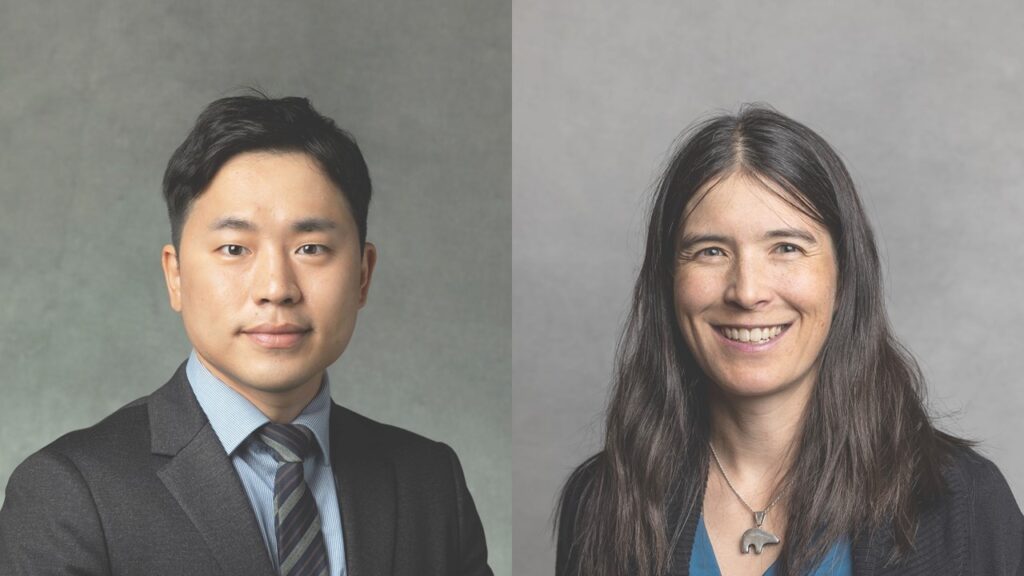The Melrose and The Toro Company Center for Principled Leadership at the Opus College of Business continues to elevate faculty whose research drives positive societal impact through principled leadership. The center’s Principled Leadership Research Fellowship research benefits academia, industry and the broader business community.
The 2022 inaugural fellowship recipients, Chad Brinsfield, PhD; Ameeta Jaiswal-Dale, PhD; and Shinwon Noh, PhD, independently conducted research with profound impact across various sectors. While the 2022 fellows’ topics were diverse, their individual research collectively contributes valuable insights shaping principled leadership and ethical business practices locally and globally.
“The Principled Leadership Fellows program is a way for management scholars to think about how their research is relevant to the real world,” said Dr. Christopher Michaelson, academic director and professor of ethics and business law at Opus College. “Ultimately, we hope that it leads our colleagues to meaningfully engage with the business public to answer the ‘so what’ question.”
Read on to learn more about the research by the 2022 Principled Leadership Research Fellows, or tune in to the Melrose Toro Center’s podcast, “Work in Progress with Christopher Michaelson,” where Michaelson engages in a conversation with the fellows.
Building trust in the workplace and measuring alignment in health care
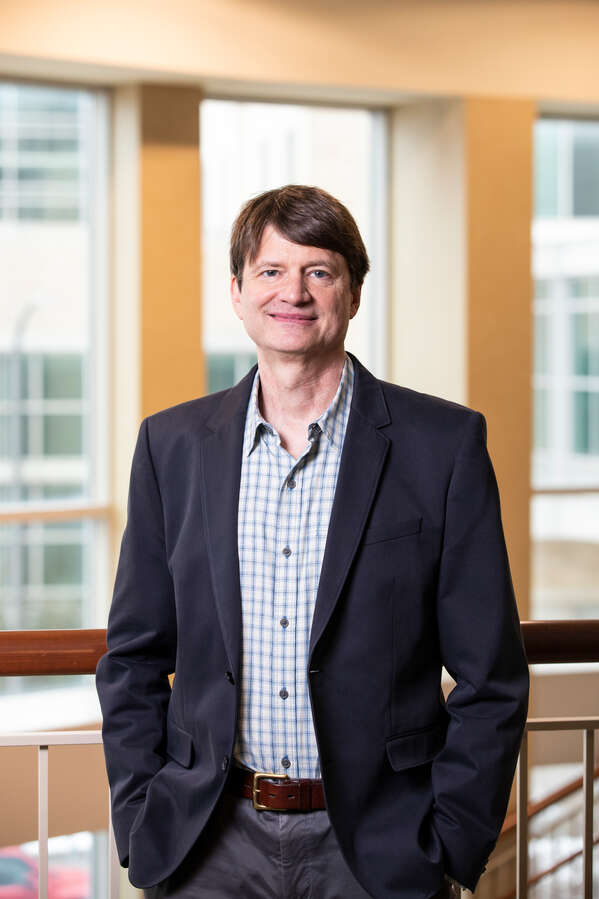
In high-trust organizations, where autonomy is valued and clear expectations are set, employees are empowered to deliver results. Yet recent studies show that trust within our organizations is in decline.
Brinsfield’s latest research on trust in the workplace examines how managers respond to employees expressing promotive (change-oriented) and prohibitive (concern-oriented) voice, and how managers’ personal characteristics may affect their responses.
For example, one employee may propose new projects to help the team, while another pinpoints potential problems that could harm the work unit. Brinsfield’s research indicates that when employees express concerns about potential issues (prohibitive voice), managers may feel their status is threatened and therefore provide less positive feedback in response.
“How do we cooperate and work effectively together? How do we resolve conflict? Modern-day research is opening up some understanding to these questions, and it’s really fascinating,” he said in the podcast.
Brinsfield also conducted research to address the conflicting goals and incentives between physicians and hospitals, a study he discusses more in depth on the podcast episode.
Chad Brinsfield, PhD, associate professor of management. Topic: What hinders manager voice endorsement: The role of voice type, manager dominance tendency, and manager perceived status threat.
Apple commodity markets
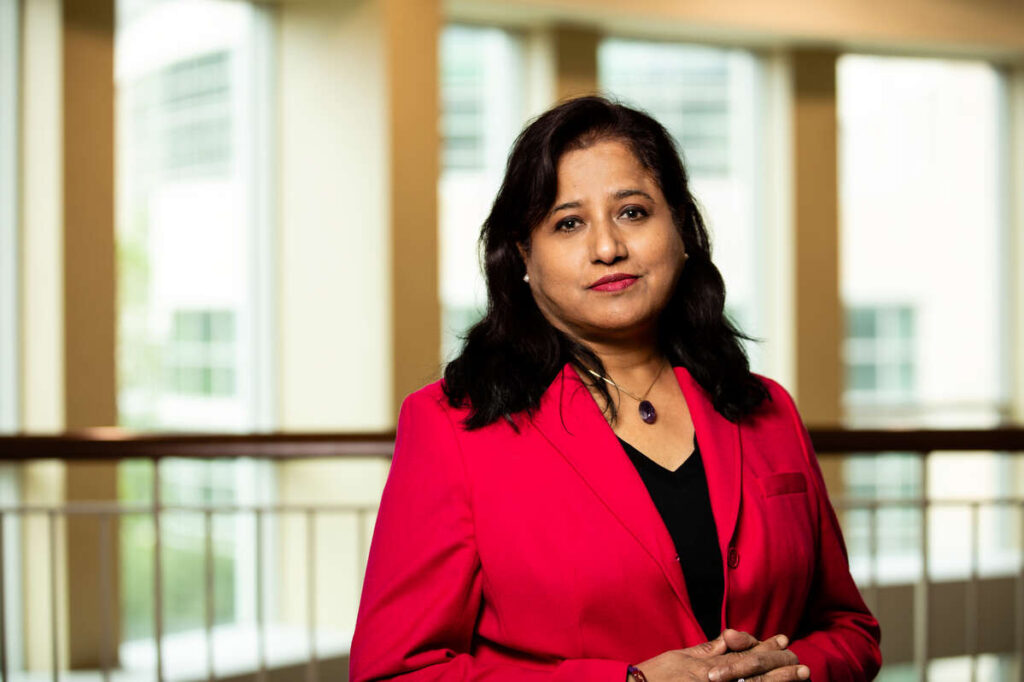
As the world faces the challenge of producing 70% more food to feed a projected global population of 10 billion by 2050, finding sustainable solutions is crucial. Jaiswal-Dale’s research in sustainable food entrepreneurship, particularly focusing on Minnesota’s apple industry, offers some promising strategies.
“Minnesota has ample apple orchards but does not add value to the fruit beyond furnishing table apples and seasonal juice to retail units,” she said. Her research promotes agricultural environmental sustainability, including producing hard cider, using apple byproducts for animal feed, and using apples as an alternative sugar source in food processing, instead of sugarcane or beetroot, for example.
Using artificial intelligence, Jaiswal-Dale is also exploring new opportunities to optimize apple varieties for better outcomes. Her work is not only maximizing market returns and supporting consumer health, but also helping orchards in the Twin Cities adapt to challenges and compete in the market.
Ameeta Jaiswal-Dale, PhD, professor of finance. Topic: Challenges and potential for community value creation through sustainable food entrepreneurship.
K-Pop’s cultural influence on business
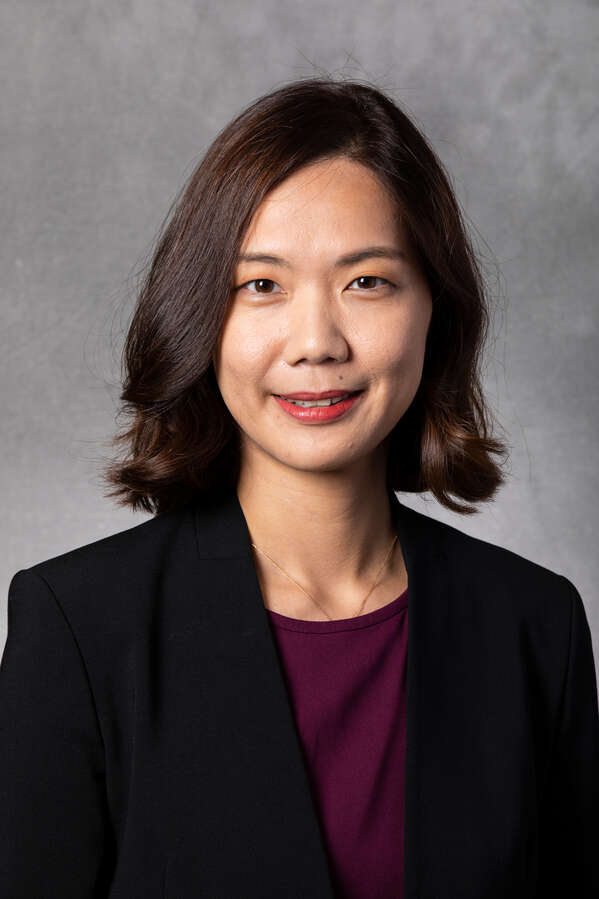
In her latest research, which fuses academia and pop culture, Noh explores the impact of foreign direct investments (FDI) on the global rise of K-pop. Examples of FDI include Korean companies like Samsung and Kia operating facilities in U.S. cities.
The research findings indicate that the connection between FDI and K-pop popularity is stronger in cities open to globalized cultural content, but weaker in cities with a higher number of COVID-19 cases.
“Some cultural biases, whether they are factual or not, may trigger negative or harmful events not directly related to an industry such as the pandemic,” she said. “I think these research findings will be of interest to those in international business, specifically multinational enterprises, because one of the things our research confirmed was the spillover effect present from cultures to business.”
By examining how foreign direct investment by businesses relates to the rise of cultural phenomena like K-pop, Noh’s work suggests ways to reduce negative biases against certain national or ethnic cultures.
Shinwon Noh, PhD, assistant professor of entrepreneurship. Topic: Rise of Cultural Industries from Emerging Markets: Case of K-Pop 2.
